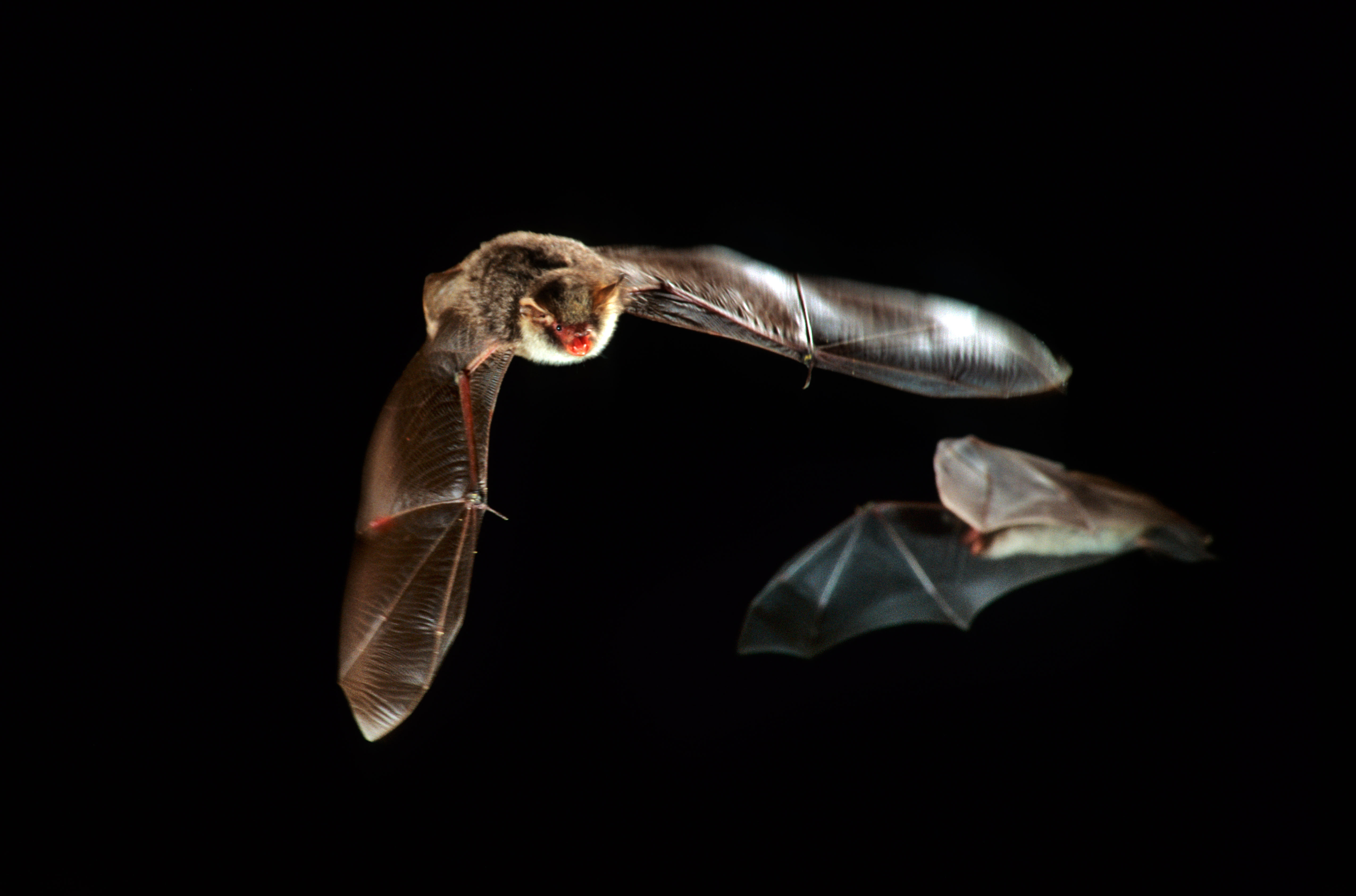Don't blame it on the sunshine, don't blame it on the moonlight, don't blame it on the good times, blame it on the bats
Bats and newts are an easy target, but can they actually be blamed for not building enough houses?


There is a fly in the Government’s housing ointment — or, more accurately, a bat and a newt. Committed to constructing 1.5 million new homes in England, Labour figures, among them the Prime Minister and Chancellor, have railed that protections for wildlife are ‘blocks’ on building. Indeed, Rachel Reeves recently blamed the animal order Chiroptera for HS2’s failure to reach Leeds, declaring: ‘I’m afraid, as a country, we’ve cared more about the bats than we have about the commuter times for people in Leeds and West Yorkshire.’ She proceeded to add snails to the list of obstructionist fauna.
HS2 is a particular bugbear with the Government, which cites the rail line’s £100 million ‘bat tunnel’ in Buckinghamshire as an egregious, even batty, example of the hindrances caused by Nature laws. The Chancellor, of course, has a vested interest in Labour’s house-building programme, intended as it is to boost economic growth, which is currently sluggish.
In pursuit of this, the Government has introduced the Planning and Infrastructure Bill, now proceeding through the Lords. If passed as is, the Bill will override existing habitat protections, but propose that developers pay into a central, restitutionary Nature restoration fund — dormice, nightingales and water voles also have a tendency to live in inconvenient places.
As environmentalists and charities have remarked, offset schemes are rarely worth the official paper they are printed on and, besides, land is a finite resource. The habitat earmarked for potential eco-restoration, such as a brownfield site, is equally likely to be required for homes and roads.
'Of 17,433 planning appeals in England last year, newts were relevant in only 0.8% of cases and bats in 2.48%'
Aficionados in #TeamBat #TeamNewt will be further alarmed by reports that the Treasury is contemplating adding more environmental rules to the bonfire, together with demoting protection for species rare in the UK, but common elsewhere in Europe, such as newts.
Are bats and newts really the problem, however? Research by charities, among them the RSPB and The Wildlife Trusts, has revealed that of 17,433 planning appeals in England last year, newts were relevant in only 0.8% of cases and bats in 2.48%. There is a certain naivety, too, in believing we can do without these creatures. Bats are ardently insectivorous, making them excellent pest controllers in agriculture; newts snack on insects that carry human and livestock diseases; both are biodiversity indicators.
House-building plans that affect these creatures are likely to affect myriad more in biodiversity hotspots, including riverine and woodland creatures, not to mention over-stretching our water resources. Such plans are poor human planning. We need houses, especially affordable ones in rural areas, but there is a danger of being as blind as a bat when it comes to sensible wildlife protection.
Exquisite houses, the beauty of Nature, and how to get the most from your life, straight to your inbox.
Country Life is unlike any other magazine: the only glossy weekly on the newsstand and the only magazine that has been guest-edited by His Majesty The King not once, but twice. It is a celebration of modern rural life and all its diverse joys and pleasures — that was first published in Queen Victoria's Diamond Jubilee year. Our eclectic mixture of witty and informative content — from the most up-to-date property news and commentary and a coveted glimpse inside some of the UK's best houses and gardens, to gardening, the arts and interior design, written by experts in their field — still cannot be found in print or online, anywhere else.
